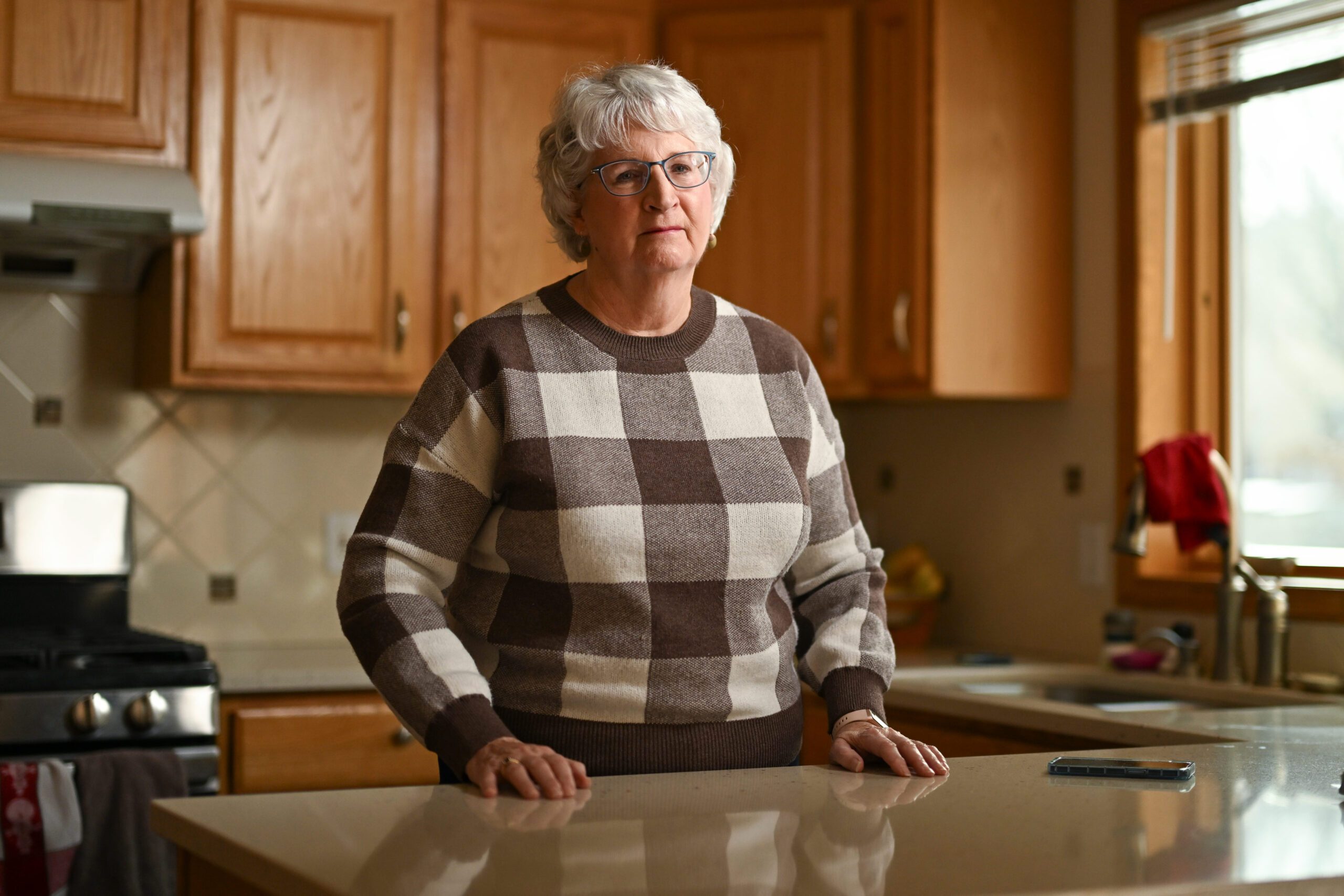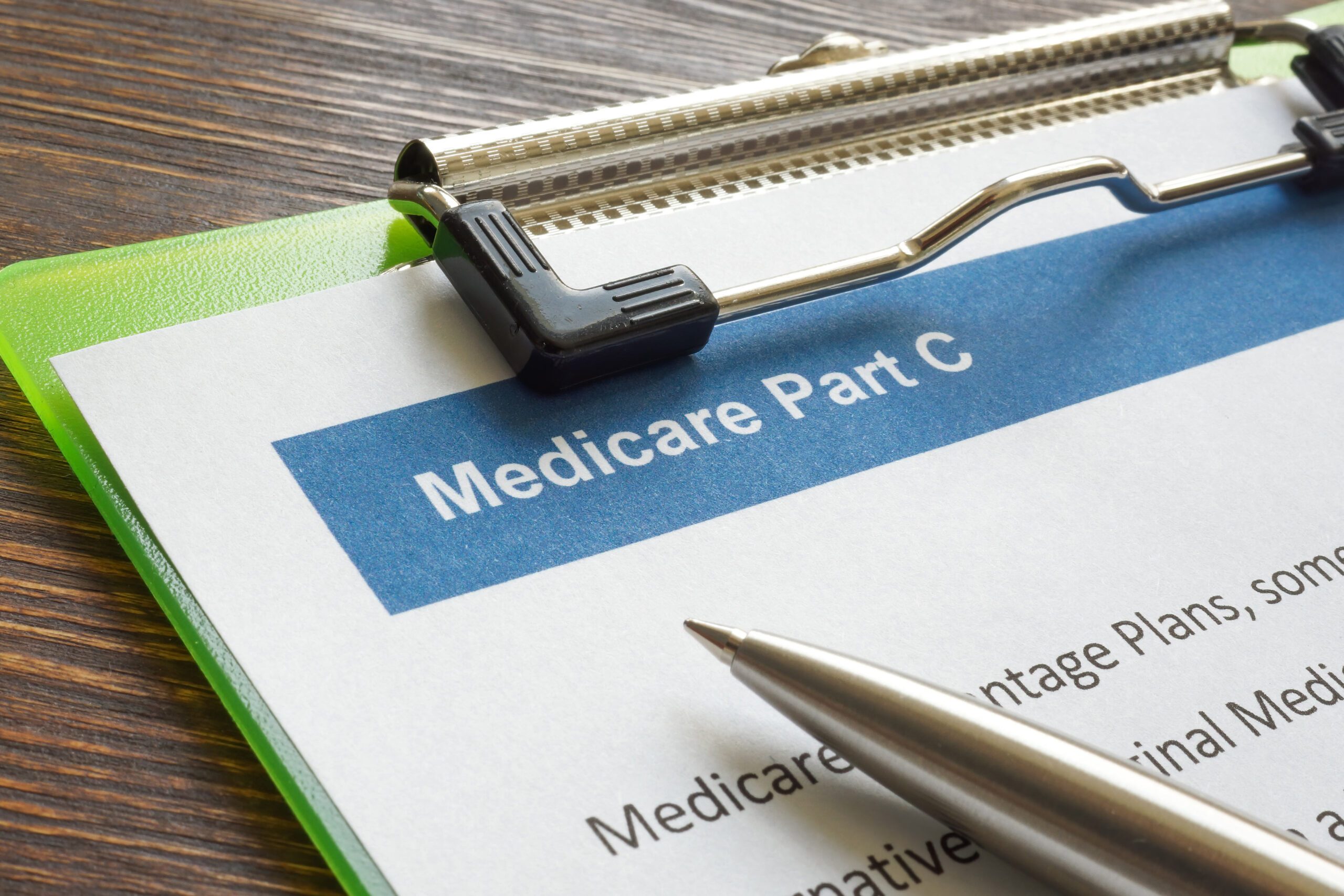I recently joined a rare disease advocacy meeting on Zoom, where the subject of the rising cost of living and the difficulty of affording groceries and prescriptions and medical care sparked a lively discussion.
During the call, eight people said they rely on food assistance from their state or county, while two said they’d applied for government assistance, but were denied because their income was too high. One family expressed gratitude for their church’s food pantry, while two other participants said they were getting by, but it was challenging.
Deciding between buying food and medicine is a harsh reality for many in the rare disease community. As someone managing pulmonary hypertension (PH), I have faced moments where I thought I might have to make that difficult choice. Skipping doses of life-sustaining medications is not an option, so it’s important to have reliable resources that enable everyone to have food security.
Recommended Reading October 24, 2023 Columns by Mike Naple
October 24, 2023 Columns by Mike Naple I love to cook, so how do I keep my sodium intake low?
A host of resources
The U.S. Department of Agriculture offers several nutritional programs, such as the Supplemental Nutrition Assistance Program, or SNAP, for low-income families, and the Senior Farmers Market Nutrition Program for low-income seniors. The government’s Special Supplemental Nutrition Program and Farmers Market Nutrition Program focus on safeguarding the health of women, infants, and children.
Also, local community organizations and churches often offer food boxes to help individuals and families. Knowing our next meal is secure can alleviate stress and help us focus on other aspects of our health.
Shopping and stocking
Digital coupons may be available through apps for the stores where you shop. Gone are the days of clipping coupons from newspapers, but spending a few minutes on a mobile device or computer before heading to the store can shave a lot off of a grocery bill. Every dollar counts!
One way to stretch those dollars is to shop at stores where the prices are lower, like Aldi. I purchased a 10-pound bag of potatoes and two small hams before Thanksgiving and only spent about $40. Another place I shop is Sprouts. On Wednesdays, they offer double sale days. This means two weeks’ worth of sale items are available. I especially love it when they offer “buy one, get one” deals!
It can also help to plan a weekly menu, keeping in mind what’s already in the pantry and freezer, and looking at what each store has on sale the day you plan to shop. This approach helps ensure there’s enough food for the week and reduces the stress of last-minute meal decisions. While unforeseen health issues can disrupt plans, meal planning generally helps keep things organized and efficient.
Buying fresh ingredients and cooking meals at home can be more nutritious and affordable than eating out. For me, making a big pot of fresh soup is an enjoyable way to use the fresh vegetables in the refrigerator.
It’s also a good idea to keep nonperishable items like dried or canned beans, canned low-sodium vegetables, canned tuna or other meats, pasta, low-sodium soups, and old-fashioned oats in the pantry. These items are easy to prepare and can be lifesavers if you’re in a tight spot.
It can feel especially overwhelming to rely on disability funds — an issue faced by too many people in the rare disease community. But utilizing some of these resources can help make those precious dollars go further and alleviate the stress of food insecurity.
Always remember that you’re not alone. Together, we can support one another through these challenging times.
Have you ever struggled to buy groceries after spending most of your money on prescriptions and medical care? Do you utilize any of the resources mentioned above? If not, do you know of other resources that could be helpful? Please share your thoughts in the comments.
Note: Pulmonary Hypertension News is strictly a news and information website about the disease. It does not provide medical advice, diagnosis, or treatment. This content is not intended to be a substitute for professional medical advice, diagnosis, or treatment. Always seek the advice of your physician or other qualified health provider with any questions you may have regarding a medical condition. Never disregard professional medical advice or delay in seeking it because of something you have read on this website. The opinions expressed in this column are not those of Pulmonary Hypertension News or its parent company, BioNews, and are intended to spark discussion about issues pertaining to pulmonary hypertension.
The post Navigating the struggle of food insecurity with a rare disease appeared first on Pulmonary Hypertension News.
Original Article










